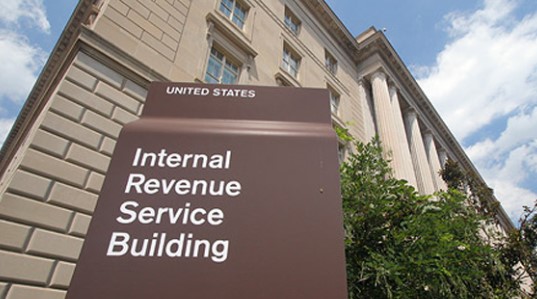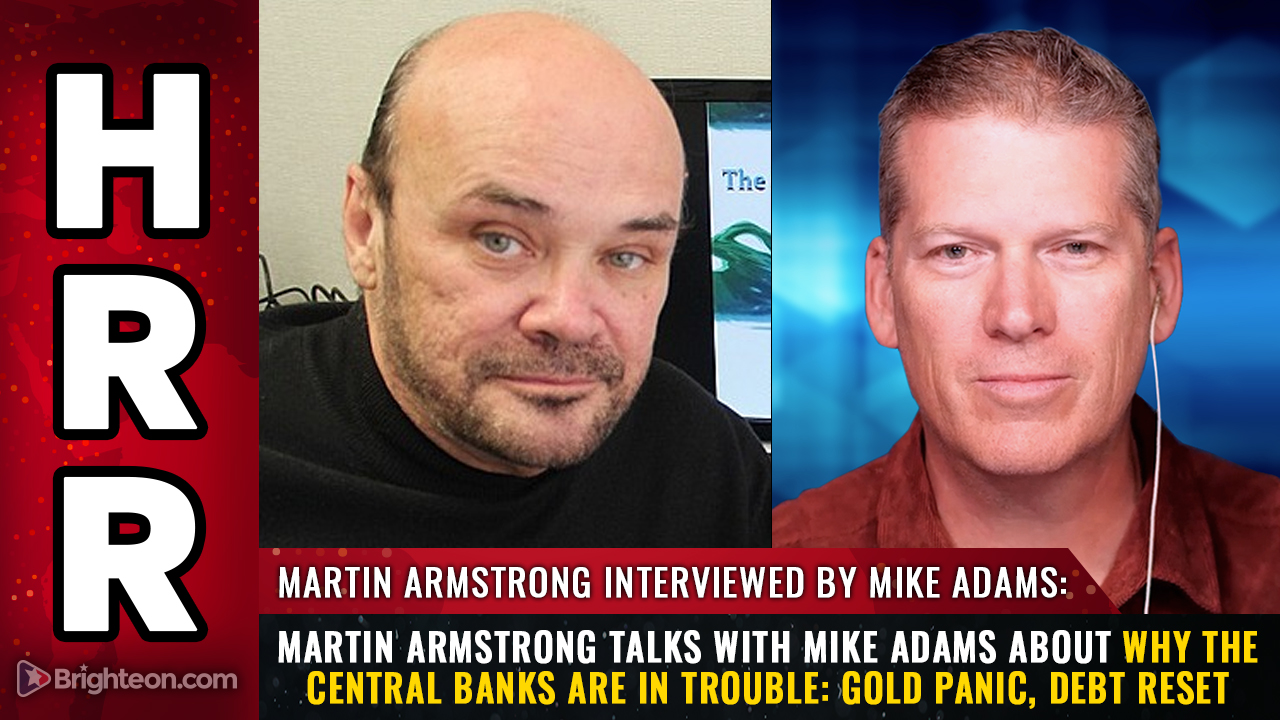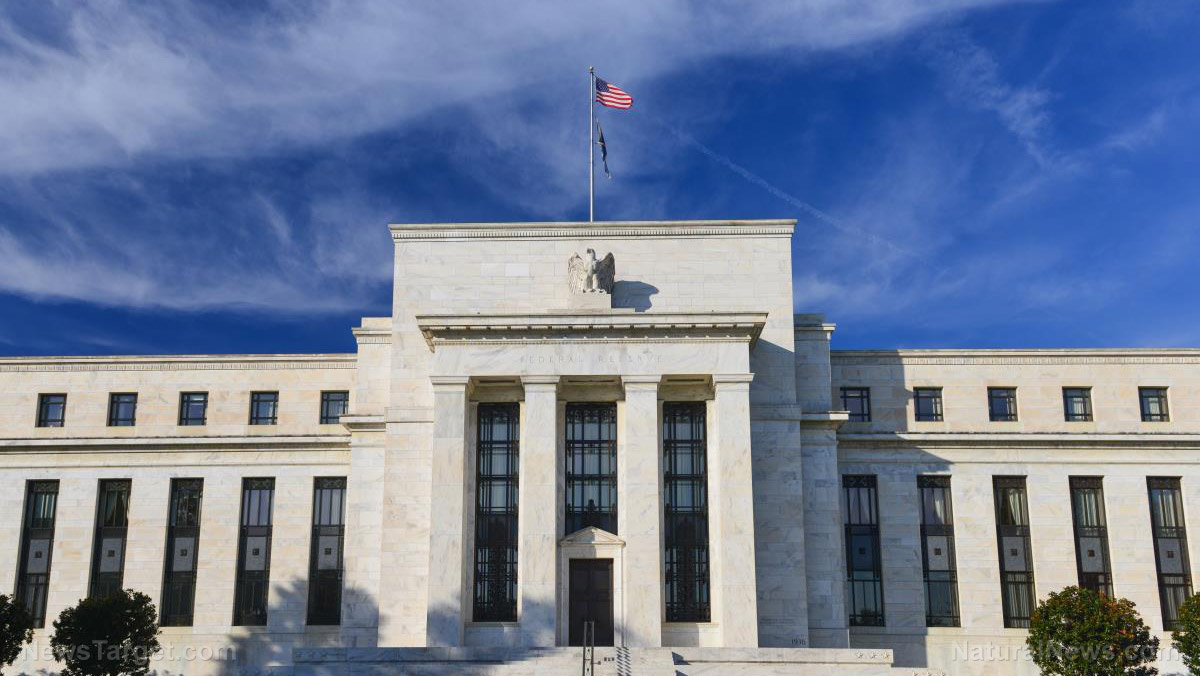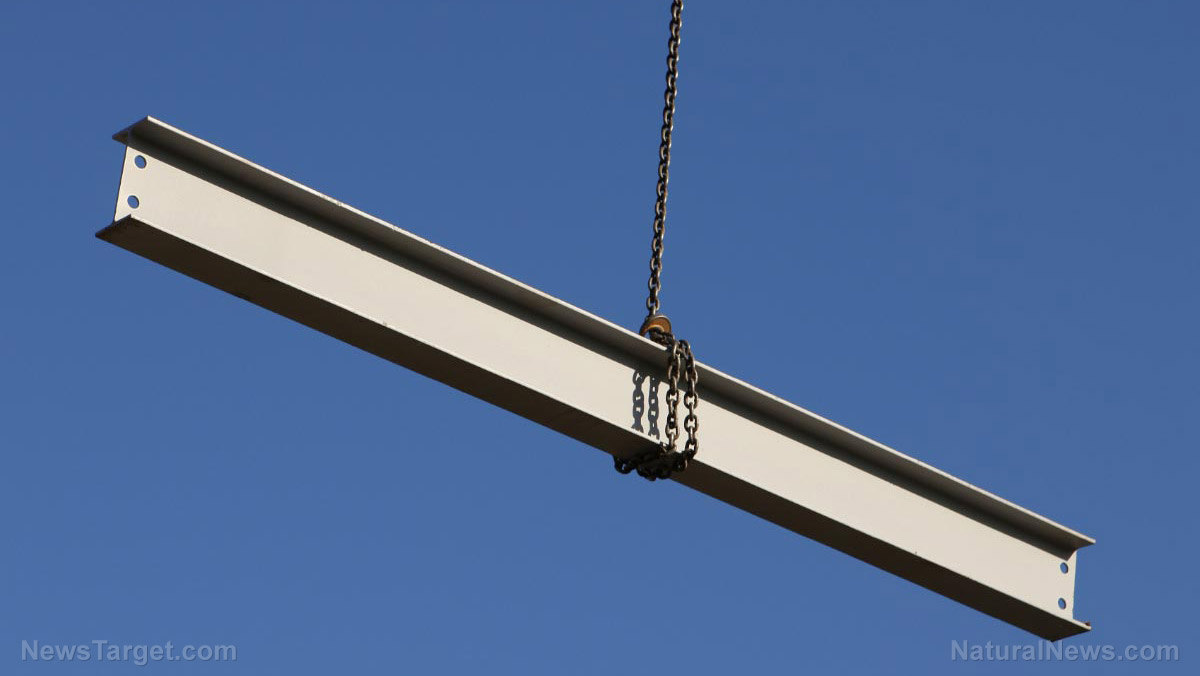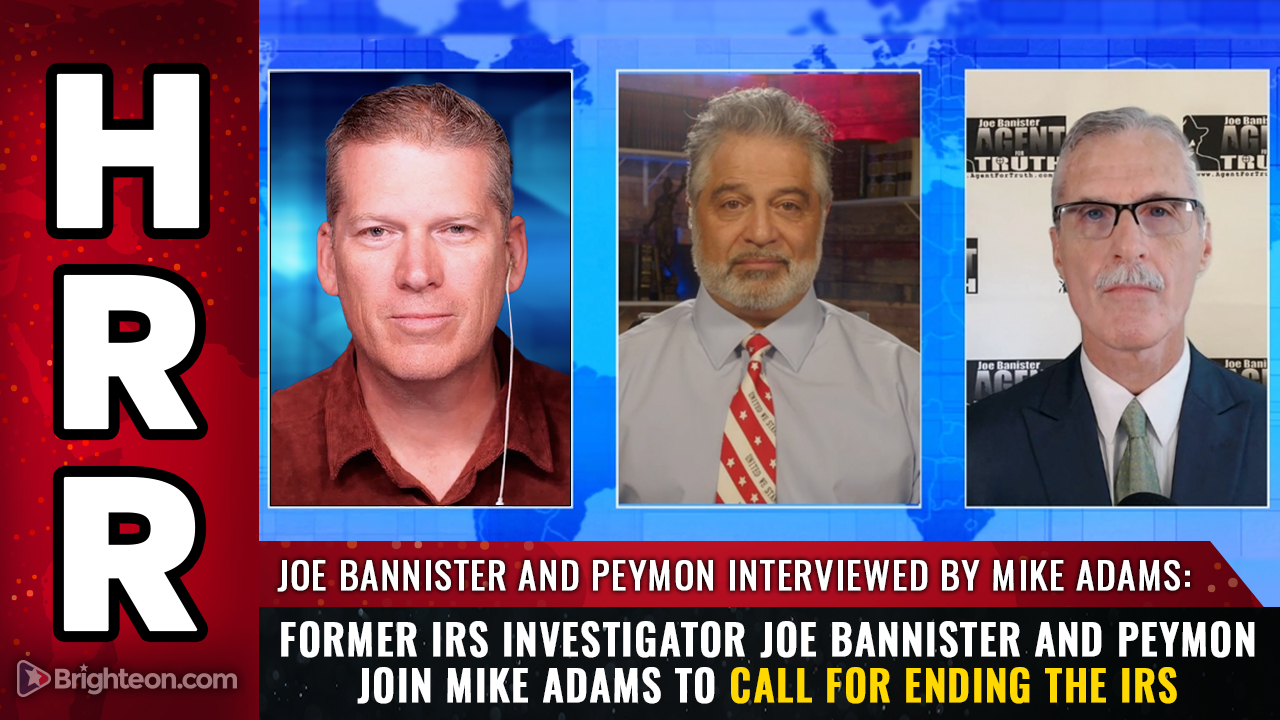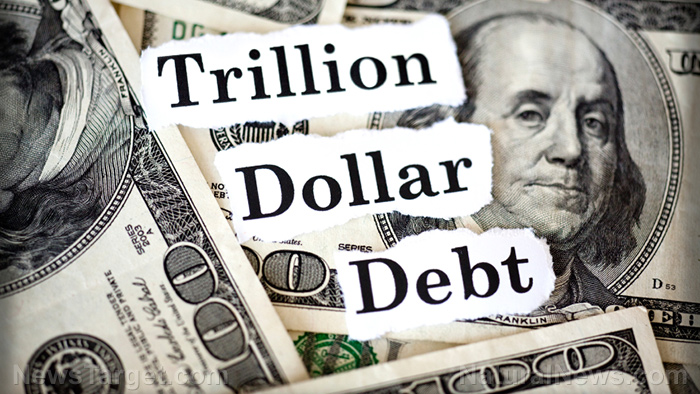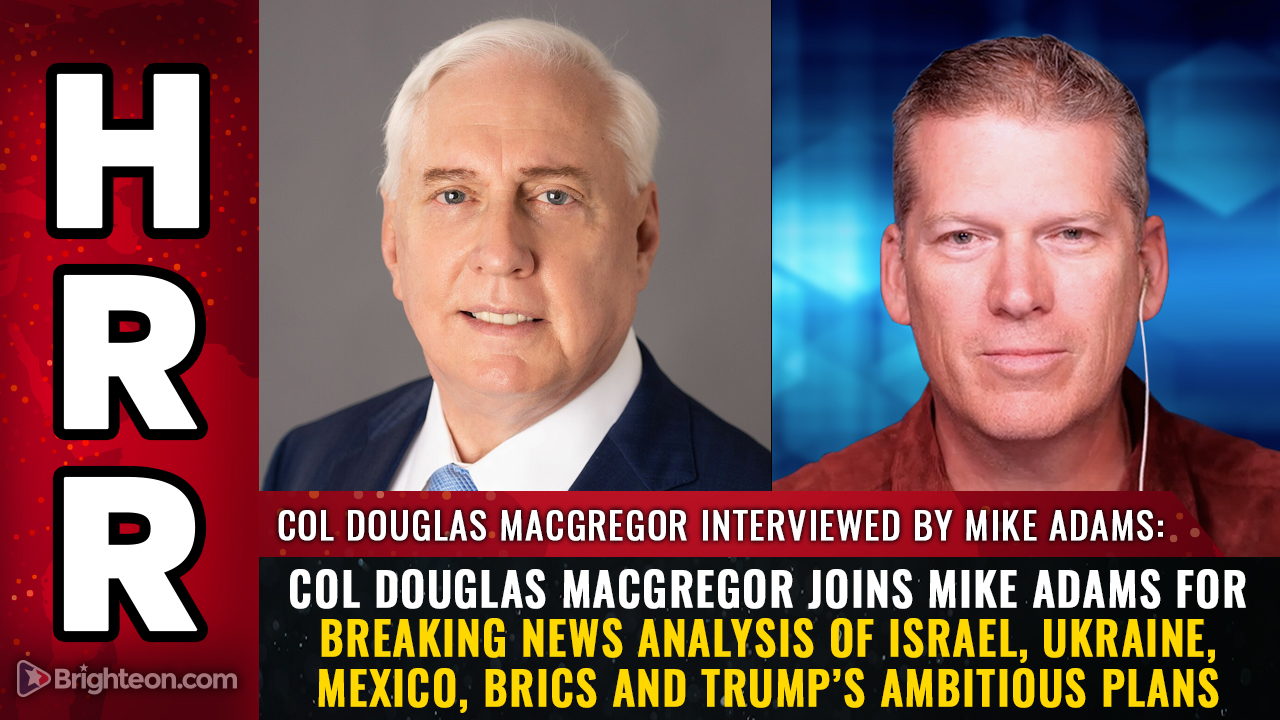Purging the Deep State: Trump and Musk take axe to bloated bureaucracy
02/05/2025 / By Willow Tohi

- President Donald Trump and Elon Musk have formed an alliance to dismantle the deep state and reduce wasteful government spending, leading to widespread restructuring and firings in federal agencies.
- The U.S. Treasury, Office of Personnel Management (OPM), U.S. Agency for International Development (USAID), EPA and FBI are undergoing major overhauls. Musk’s team discovered fraudulent practices at the Treasury and is implementing new systems to combat corruption.
- OPM is directed to reduce its workforce and programs by 70%, USAID may be brought under the State Department’s authority, and the EPA has placed over 1,100 employees on probationary status. The FBI has terminated multiple executives and field office heads.
- The purges have sparked outrage among fiscal conservatives, who see this as a historic moment, while others, particularly Democrats, view the changes as potentially catastrophic for federal workers and programs.
- These actions mark a significant shift in the fight against government inefficiency and corruption, aiming to restore accountability and limit the size and scope of the federal government. The long-term economic and political implications are yet to be seen.
In what can only be described as a seismic shift in the way Washington operates, President Donald Trump and tech billionaire Elon Musk have launched an unprecedented campaign to dismantle the deep state and rein in wasteful government spending. The result? A wave of firings, restructurings, and systemic overhauls that have left federal agencies reeling. For conservatives who have long decried the inefficiency and corruption of the federal bureaucracy, this moment is nothing short of historic.
The Trump-Musk alliance, which began in earnest after the 2024 election, has taken a sledgehammer to some of the most entrenched and bloated agencies in the federal government. From the U.S. Treasury to the Environmental Protection Agency (EPA), no department has been spared. The goal? To root out corruption, eliminate waste and restore accountability to a government that has long operated with impunity.
The U.S. Treasury: A system rife with rubber stamps
The U.S. Treasury, which oversees the flow of more than $6 trillion annually, has long been a symbol of unchecked government spending. But under the watchful eye of Elon Musk’s Department of Government Efficiency (DOGE), the agency’s flaws have been laid bare.
Musk’s team discovered that payment approval officers at the Treasury were instructed to approve every single payment request—even those tied to fraudulent or terrorist groups. “They literally never denied a payment in their entire career. Not even once,” Musk tweeted.
This revelation has sparked outrage among fiscal conservatives, who have long argued that the federal government operates with little regard for taxpayer dollars. By granting Musk’s team access to the Treasury’s payment systems, the Trump administration has taken a critical step toward addressing this systemic failure.
The fallout has been swift. David Lebryk, a career civil servant who resisted Musk’s efforts to gain access to the payment systems, was placed on administrative leave and subsequently retired. Meanwhile, Musk’s team is working to implement a new system that will filter out fraud and corruption. If successful, the savings could be substantial—a win for taxpayers and a blow to the deep state.
The Office of Personnel Management: A bureaucratic nightmare
The Office of Personnel Management (OPM), often described as the largest HR department in the world, has also come under fire. For years, OPM has been criticized for its inefficiency and bloated workforce. Now, it appears that the agency is in for a major overhaul.
On January 20, the day Trump took office, Musk’s team assumed control of OPM. They moved sofa beds into the agency’s headquarters and began working around the clock to assess its operations. To prevent sabotage, career civil servants were locked out of computer systems containing the personal data of millions of federal employees.
The result? A workforce in disarray. “Workers at OPM look like they have seen a ghost,” one source reported. And the changes are far from over. The Trump administration has directed OPM to cut its workforce and programs by 70%, a move that could save billions of dollars annually.
USAID: Corruption on a global scale
Few agencies embody the excesses of the federal government quite like the U.S. Agency for International Development (USAID). With a budget request of $42.8 billion for 2025, USAID has long been accused of wasting taxpayer dollars on frivolous projects—including sending condoms to the Taliban.
When Musk’s team attempted to access USAID’s headquarters, they were initially barred from entering. Undeterred, they threatened to call U.S. Marshals to gain access. In the end, they prevailed, and USAID’s website was promptly taken offline.
The agency’s independence may soon be a thing of the past. Rumors suggest that President Trump plans to bring USAID under the authority of the State Department, a move that would curtail its ability to operate as a “money laundering machine” for Democratic activists.
The EPA and FBI: Cleaning house
The purge has extended to other agencies as well. At the EPA, more than 1,100 employees were notified that they were on probationary status and could be fired immediately. Meanwhile, at the FBI, at least eight senior executives were terminated, and the heads of more than 20 field offices were let go.
These changes are part of a broader effort to reduce the size of the federal workforce and eliminate waste. As President Trump warned, federal workers who refuse to return to the office will be terminated. “We think a very substantial number of people will not show up to work, and therefore our government will get smaller and more efficient,” he said.
A turning point in American history
The Trump-Musk purge represents a turning point in the fight against the deep state. For decades, conservatives have called for a reduction in the size and scope of the federal government. Now, those calls are being answered in dramatic fashion.
But the road ahead will not be easy. As one longtime Democratic lawyer noted, “I knew it was going to be bad, but I didn’t think it was going to be this bad.” The economic implications of these changes could be profound, particularly for those who have grown accustomed to the largesse of the federal government.
For conservatives, however, this moment is long overdue. The federal bureaucracy has grown too large, too corrupt and too unaccountable. By taking decisive action, President Trump and Elon Musk are sending a clear message: the era of unchecked government spending is over.
As the purge continues, one thing is certain: the fight to restore fiscal responsibility and accountability to Washington is just beginning. And for those who believe in limited government, there is much to celebrate.
Sources include:
Submit a correction >>
Tagged Under:
big government, bloated bureaucracy, chaos, corruption, debtcollapse, deep state, economic riot, Elon Musk, government debt, money supply, national debt, outrage, pensions, progress, risk, Trump
This article may contain statements that reflect the opinion of the author
RECENT NEWS & ARTICLES
COPYRIGHT © 2017 PENSIONS.NEWS
All content posted on this site is protected under Free Speech. Pensions.news is not responsible for content written by contributing authors. The information on this site is provided for educational and entertainment purposes only. It is not intended as a substitute for professional advice of any kind. Pensions.news assumes no responsibility for the use or misuse of this material. All trademarks, registered trademarks and service marks mentioned on this site are the property of their respective owners.


